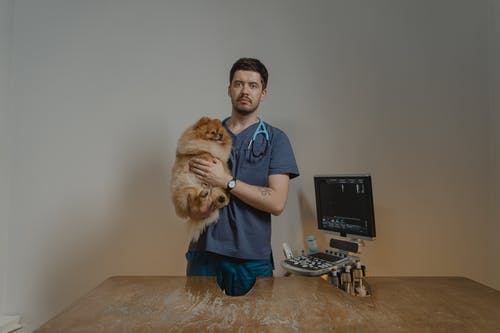Pet adoption is a serious responsibility. Just because you’ve opted to have a pet doesn’t mean you’re ready to bring one into your home. Adopting a pet starts with a well-thought-out choice of what type of animal you desire. Read this post to know what it takes to be a responsible pet owner before bringing a pet into your house.
Considerations When Adopting a Pet
Compared to taking care of an adult dog or cat, caring for a puppy or kitten presents different challenges. A common worry for the pet owner that has never adopted a young animal is how to guarantee its wellness. Here are five crucial areas that need your specific care.
1. Diet and Nutrition
Kitties and puppies have various calorie and nutrient needs than adults. After weaning, these animals need high-calorie, protein-rich food to sustain their seemingly endless appetites and activity levels.
You can start by providing your pet with up to four meals daily. Slowly reducing to twice a day as they reach adulthood is appropriate for many adult dogs and cats. Your vet can guide you if you have concerns about which foods are appropriate.
2. Vaccinations
You probably already know that adult dogs and cats require routine vaccinations to protect them from harmful germs and viruses. Dog and cat vaccinations are essential to fight against the most common and harmful diseases. Additional vaccinations may be essential for some pets because of exposure to lifestyle-related dangers.
Puppies and kittens acquire their first booster shots in the first year after their initial vaccines. From there, they continue with the adult animal vaccination schedule. Your veterinarian will instruct you regarding your pet’s schedule and specific booster shot needs.
3. Dental Health
Remember to brush your pet’s teeth to keep their mouth healthy. Slowly get them used to the toothbrush and give them lots of praise. You can make this a fun routine for your pet by treating him after each brushing.
Treat your pet’s dental health more like a requirement than a luxury. Your pet’s routine vet checkups must always include a dental checkup. Having a cat and dog dentist examine your pet’s teeth can give you vital details about the state of their teeth and advice on how to best take care of them.
4. Parasite Control
Puppies and kittens can contract internal parasites from their moms, who then transmit the worms to their babies through breast milk. Worms don’t often enter the digestive system. However, intestinal worms like hookworms, whipworms, and roundworms have the possibility to be fatal.
The heartworm, one of the most harmful parasites, invades the bloodstream through insect bites and grows inside the heart and lungs. Even though they develop slowly, they provide significant treatment difficulties and could eventually cause death. To keep your new puppy or kitten safe from parasites, it is necessary to start deworming sessions at the age of two weeks. Monthly preventative treatments can help keep the risk controlled as your pet grows older. You may visit websites like www.cedarmillvet.com to learn more about this.
5. Socialization
Puppies and kittens need early socialization to live harmoniously with humans and other animals. Minimal socialization can lead to abnormal reactions in a puppy or kitten, including shyness, aggression, or fear.
Plan to begin socializing your puppy or kitten at three weeks and keep doing so until they are 20 weeks old. This can be simplified and facilitated by registering for socialization courses or hiring a personal trainer. Including daily strolls into your socializing routine may be beneficial.








